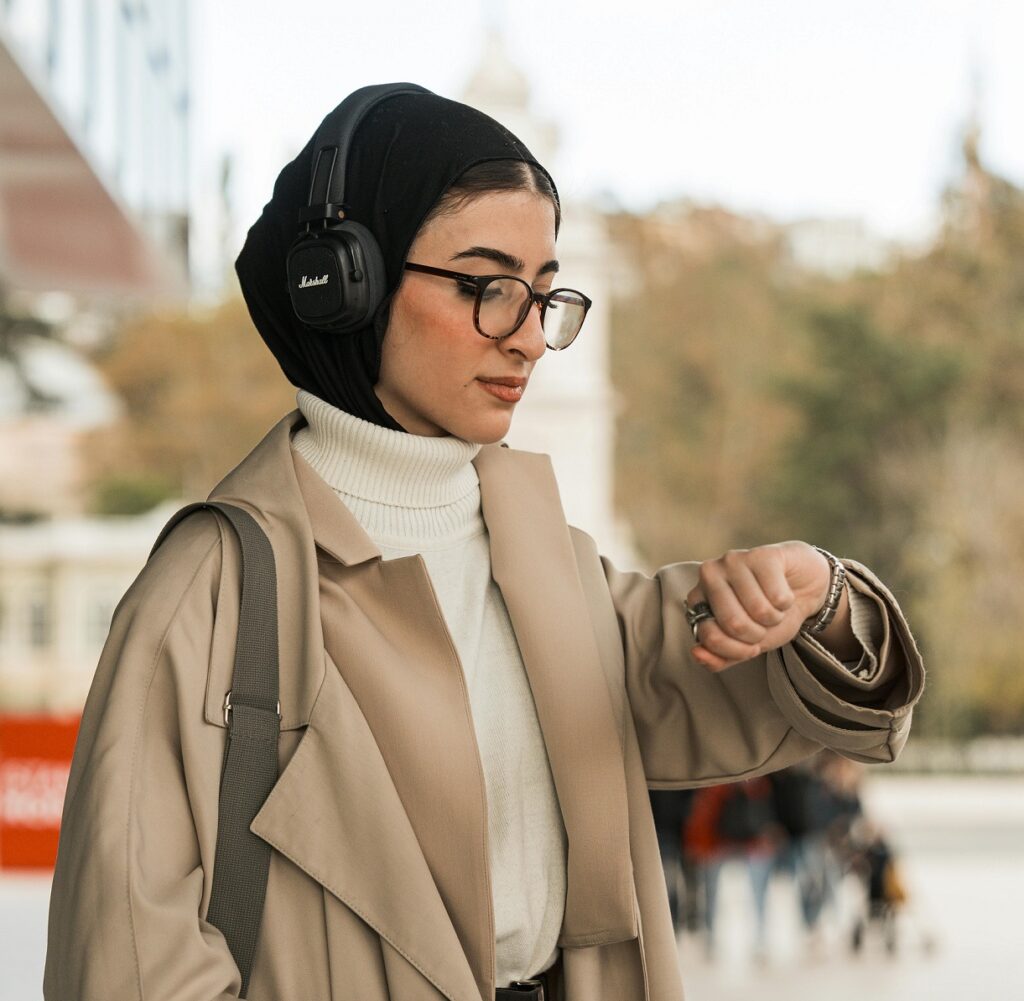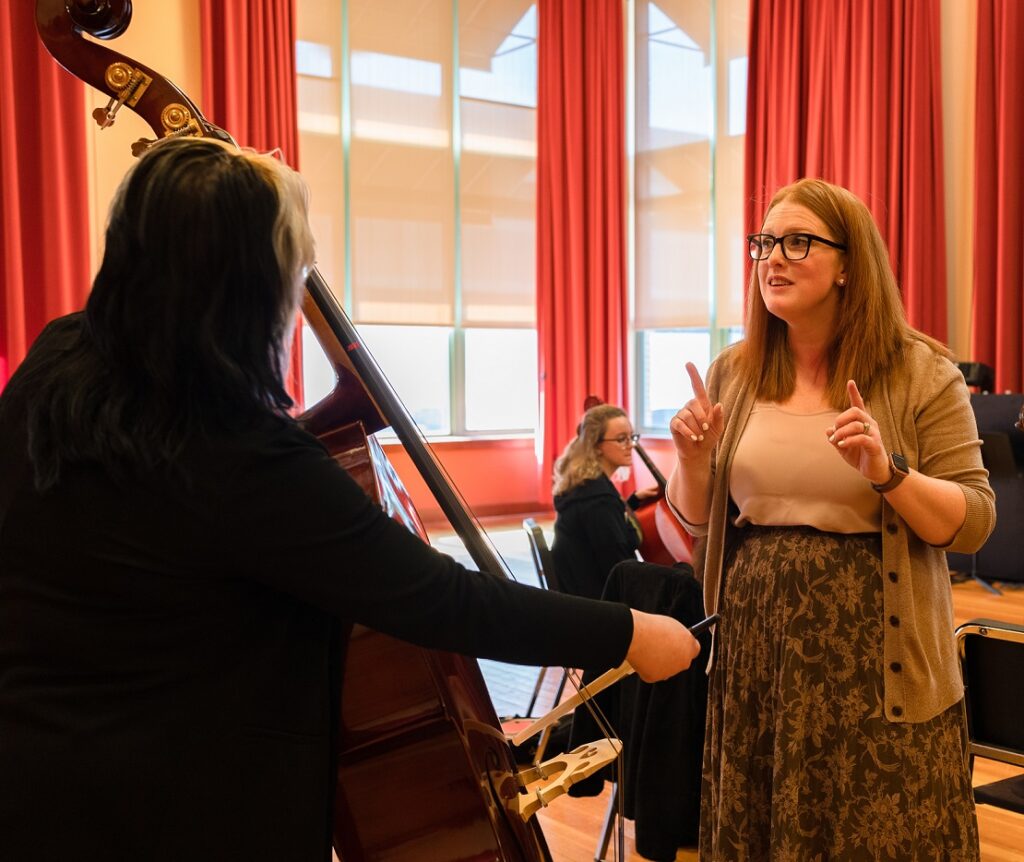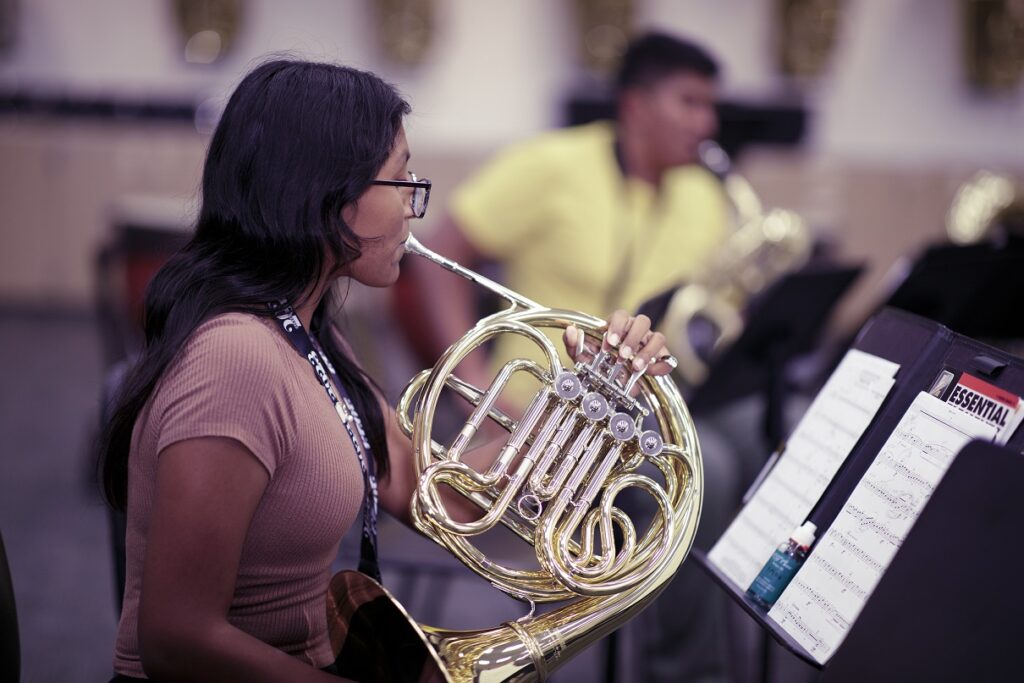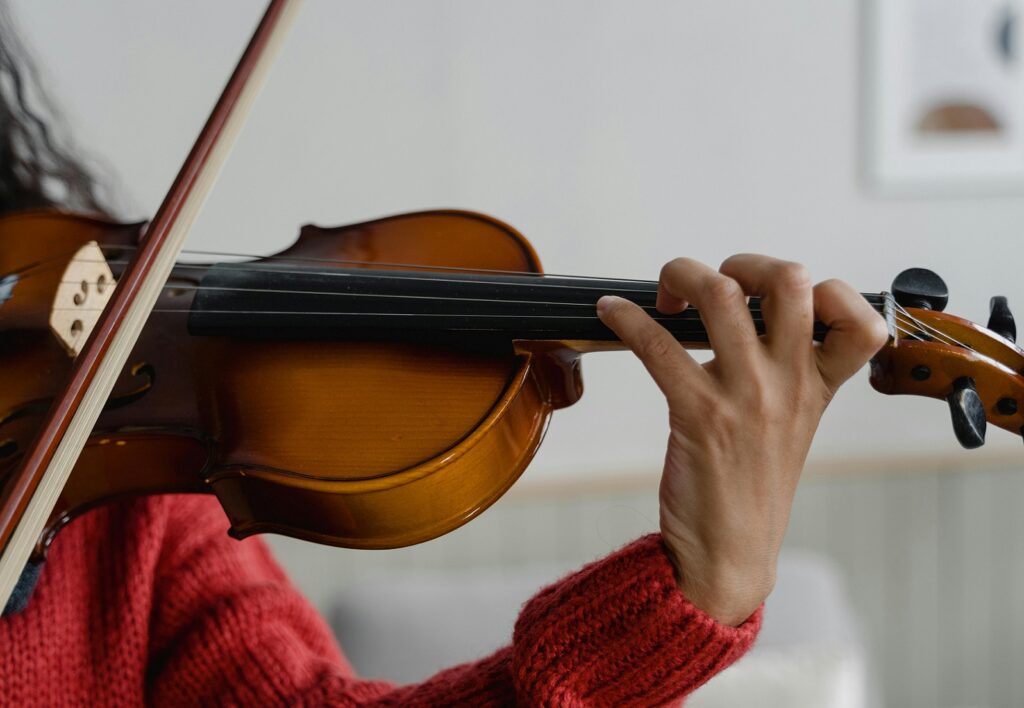Tips to Be a More Effective Private Music Instructor
Recruit and retain students for your private lessons studio.
Hello! My name is Aleah Fitzwater, and I am a licensed instrumental music educator. In this guest blog post, I want to share some tips on how to recruit, retain and captivate the students in your private lessons studio. Let’s go!
How to Recruit Students
While recruiting band students can be challenging, finding piano and guitar students is even more difficult. Local band programs offer a direct line to their marching band and sectional students. Recruiting for instruments like piano or guitar is clearly trickier. But I recommend getting in touch with bands and orchestras anyway because students who are committed to one instrument are likely to commit to another.
I’m sure you have heard it a million times before, but you must network, network, network! Call the directors in your area and see if they’ll put your business card on the bulletin board in the band room. The worst they can say is no!
As I said before, students who are already in an ensemble are more likely to want to take private lessons for other instruments. So, if you’re a multi-instrumentalist, here’s another tip: Teach sectionals and at band camps. This is another way of getting your foot in the door. Oftentimes, students will want to take lessons with you after they’ve seen your vibrant personality in action.
Another great thing to do is to get on a sub-list for a private music school in your area. This next tip is also related to recruitment, so hang on tight!
Try Upwork, Musika and Other Online Platforms
Make an account on a freelancing website that isn’t geared specifically toward music. One big advantage of doing so is that any parent who looks for music lessons on freelancing sites will be immediately recommended to you. Some wonderful flute and piano students came to me through Upwork. While people seeking lessons for rarer wind instruments (like bassoon) are few and far between, there are plenty who are searching for piano or guitar lessons.
Musika is another great site to begin teaching studio lessons, although there isn’t much wiggle room when it comes to lesson prices. You can find private lesson students for both online distance learning and for local, in-person lessons.
Retaining Your Students
It is relatively easy to start up a studio and find some students, but it is much harder to retain them for years to come. Here are a couple of tips for student retainment.
First, get to know them, not just their musicianship. I had a breakthrough with one of my students after she told me about her birthday party, and how her favorite food is fried green beans. It really is in the little things.
Second, find ways to make them laugh because if you can do that, you can make them listen.
Teaching Techniques: Dig Deeper and Manipulatives
Rather than answering questions quickly as you might in a classroom setting, try digging deeper. Provide guiding prompts that force students to think critically about the music and what the piece sounds like to them.
For example, when I asked a student about the theme of a piece, she said that a part of it sounded like “a thief’s theme.” So, I ran with her observation. I followed up with questions like:
-
- “What is the thief stealing?”
- “What is the thief’s behavior — quiet and sneaky or clumsy and loud?”
- “Where does the thief run away to?”
Finally, I asked her to tell me what happens next and then to show me in her playing.
As a private music teacher, you have the luxury of one-on-one time with your students, so use it to your advantage.
Another teaching technique to bring into the mix is manipulatives — and no, these aren’t just for the elementary classroom! My flute professor in college used everything from flashcards to straws to spitting rice to breathing bags … and they worked because they confused me, excited me and kept me on my toes. Remember: We are never too old for music manipulatives.
Continue Your Own Projects
I have often made the mistake of stopping my own musical projects to focus on teaching private lessons. This, however, is a big mistake. If you aren’t pursuing your own creative agenda, you might lose your zip. And kids will sense that.
Show that You’re Human
Students will relate to you on a deeper level if you show them what you are working on, but be humble about it. The best advice I can offer to other private music instructors: Show your students that you’re human. Did you struggle with the “Barber of Seville” when you were at this stage? Tell them what was hard for you! This will make the you and your lessons more relatable.
It’s OK to poke fun of yourself, but don’t go too far. You don’t want to turn your teacher-student relationship into a friend-friend one. Keep your authority but show that you are flawed just like everyone.
Go for It!
Choosing to be a private music instructor instead of signing a contract comes with a new flavor of challenges. But with a little bit of elbow grease and a lot of patience, you can get your studio stabilized and up and running in no time. Good luck!
Thank you so much for welcoming me as a guest blogger on the Yamaha Educator Suite!
















